The Transformative Power of Traveling
Traveling has long been celebrated as one of the most enriching human experiences. Whether it’s backpacking across Asia, exploring the cobblestone streets of Europe, or immersing yourself in local traditions in South America, every journey offers new perspectives and self-discovery.
But can traveling actually change your personality — or is that just a romantic myth told by adventurers and influencers? Modern psychology and neuroscience suggest there’s truth behind the idea that exploring new environments genuinely shapes who we are.
Frequent travelers report increased open-mindedness, emotional intelligence, adaptability, and even creativity. From decision-making skills to empathy levels, traveling often pushes people to grow in ways that staying home never could.
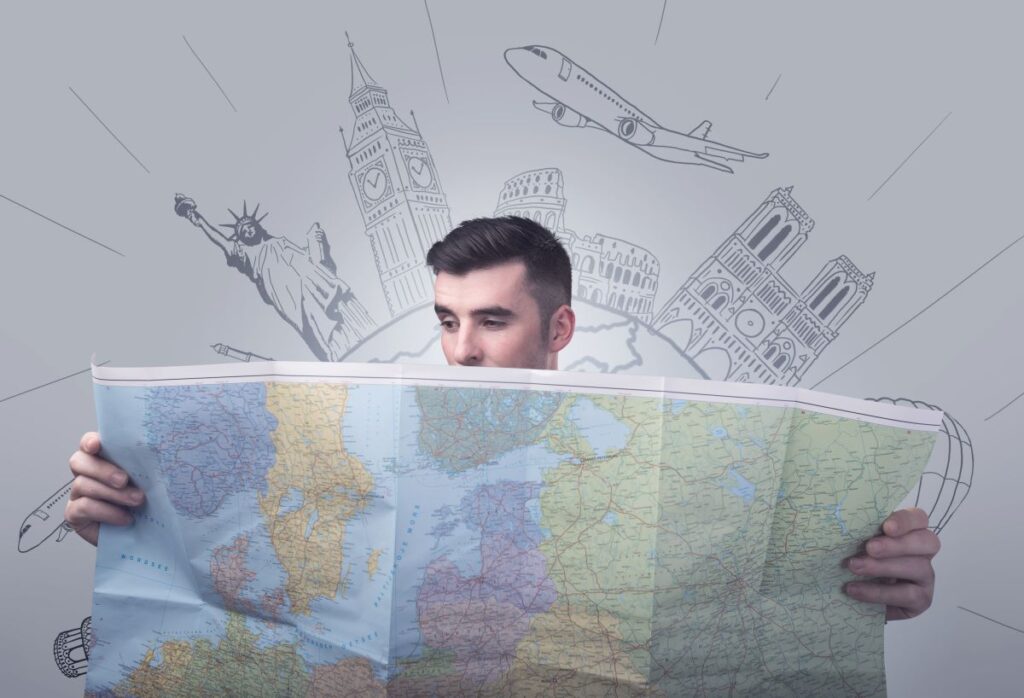
1. How Traveling Affects the Human Mind
When you travel, your brain processes constant novelty — new faces, languages, smells, and environments. This sensory stimulation triggers neuroplasticity, the brain’s ability to form new connections and pathways.
Studies from the Journal of Personality and Social Psychology show that extended travel experiences can increase openness to experience and agreeableness — two of the “Big Five” personality traits.
| Personality Trait | Effect of Traveling | Example Experience |
|---|---|---|
| Openness to Experience | Increased creativity and curiosity | Trying new cuisines or art styles |
| Conscientiousness | Improved organization and planning | Managing itineraries and budgets |
| Extraversion | Boosted confidence and social skills | Meeting people from diverse cultures |
| Agreeableness | Greater empathy and cooperation | Understanding cultural differences |
| Emotional Stability | Reduced anxiety through perspective | Handling unexpected travel challenges |
Simply put, traveling reprograms how you think. Exposure to diverse experiences forces your brain to adapt — which, over time, shapes your emotional and social responses to the world.
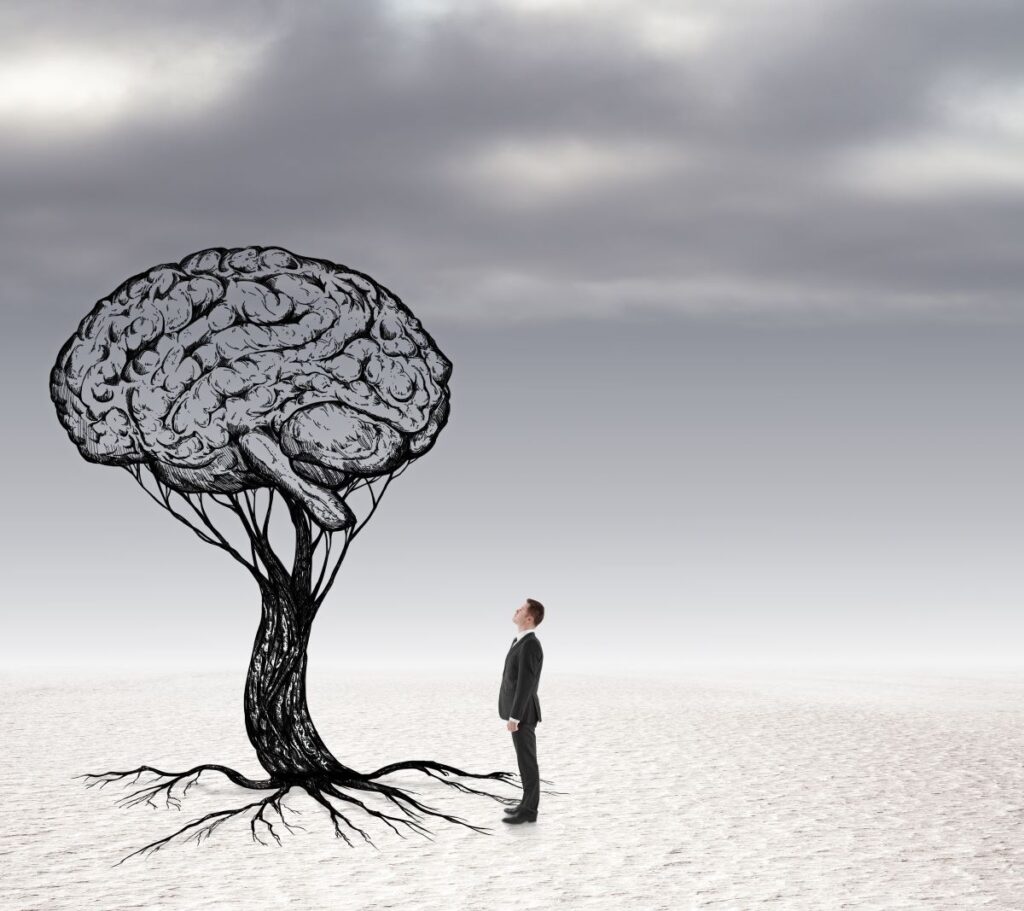
2. The Psychology Behind Why Traveling Changes You
When people travel, they step out of familiar environments that reinforce old habits and behaviors. This “context shift” allows personality flexibility.
Psychologists refer to this as the “self-expansion theory” — the idea that we grow psychologically when exposed to novel situations and relationships. Traveling provides countless opportunities for self-expansion, from navigating a foreign metro system to forming friendships across cultures.
Moreover, when you’re outside your comfort zone, your default mode network (the brain’s “autopilot”) is disrupted, leading to greater mindfulness and presence. That’s why so many travelers report feeling “more alive” or “refreshed” after returning from a trip.
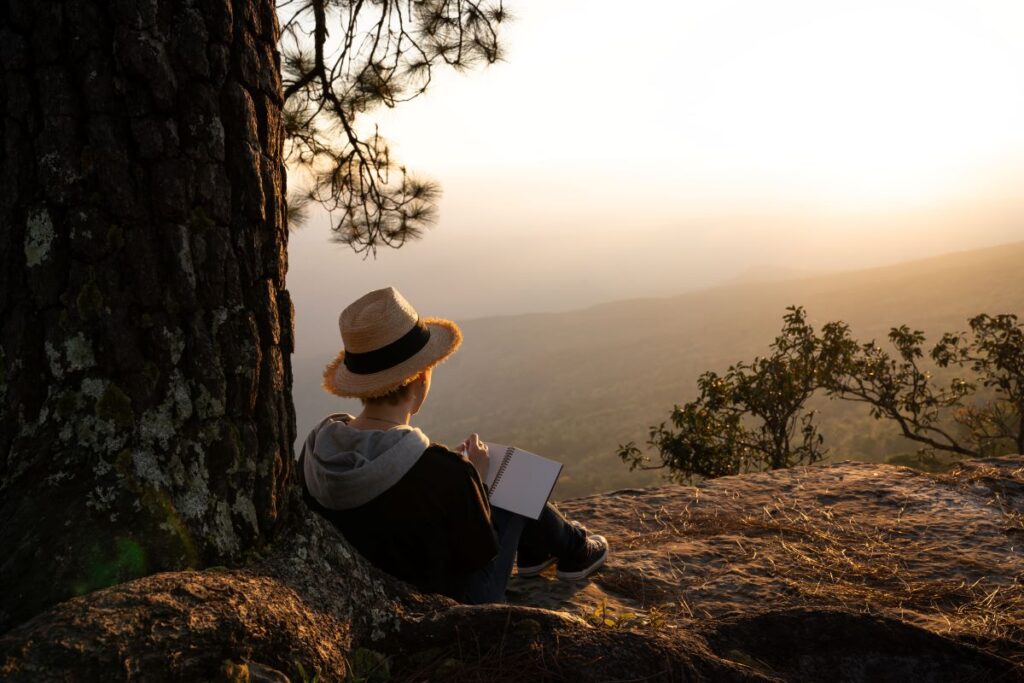
3. Traveling and Emotional Resilience
Traveling isn’t always easy. Missed flights, lost luggage, language barriers, or navigating chaotic cities test your patience and flexibility. But it’s exactly these unpredictable experiences that build emotional resilience.
When things go wrong while traveling, you’re forced to adapt — to problem-solve under pressure and stay calm in uncertain situations. Over time, this strengthens emotional regulation and self-confidence.
According to a Cornell University study, people who travel frequently develop greater coping mechanisms for stress. They tend to handle change better and show reduced fear of uncertainty.
In essence, traveling is emotional training — it teaches you to find stability even when the world around you feels unstable.
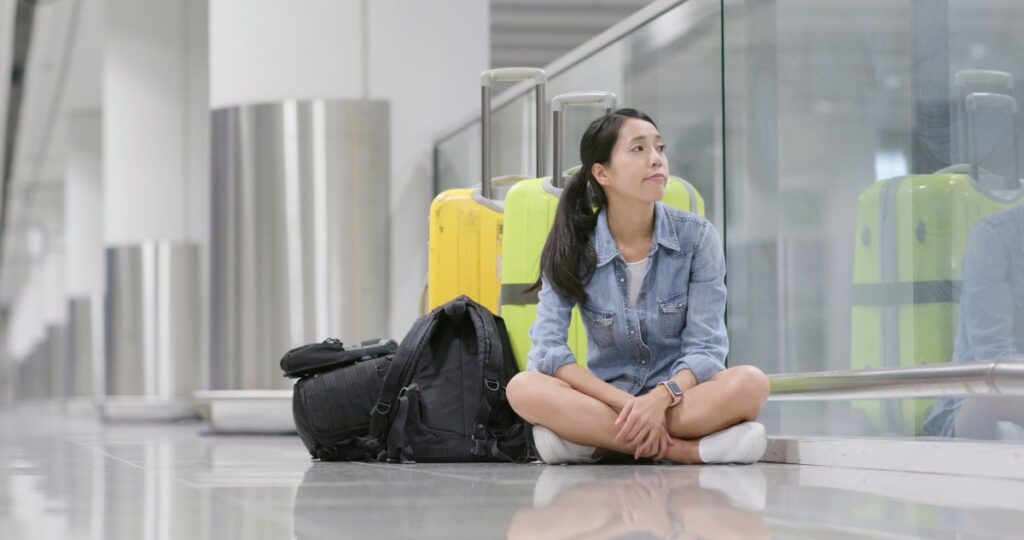
4. Traveling and Cultural Intelligence (CQ)
Cultural intelligence (CQ) is the ability to understand and interact effectively with people from different backgrounds. It’s a vital skill in our globalized world — and one that traveling develops naturally.
Every destination teaches you something new about communication, etiquette, and human behavior. You learn to read nonverbal cues, adapt your tone, and respect unfamiliar traditions.
A traveler who’s dined in a Japanese tea house, attended a Brazilian carnival, or volunteered in rural Africa gains firsthand knowledge of cultural nuances that no classroom can teach.
Over time, this enhances empathy and tolerance — qualities that can influence how you handle relationships, conflicts, and teamwork even back home.
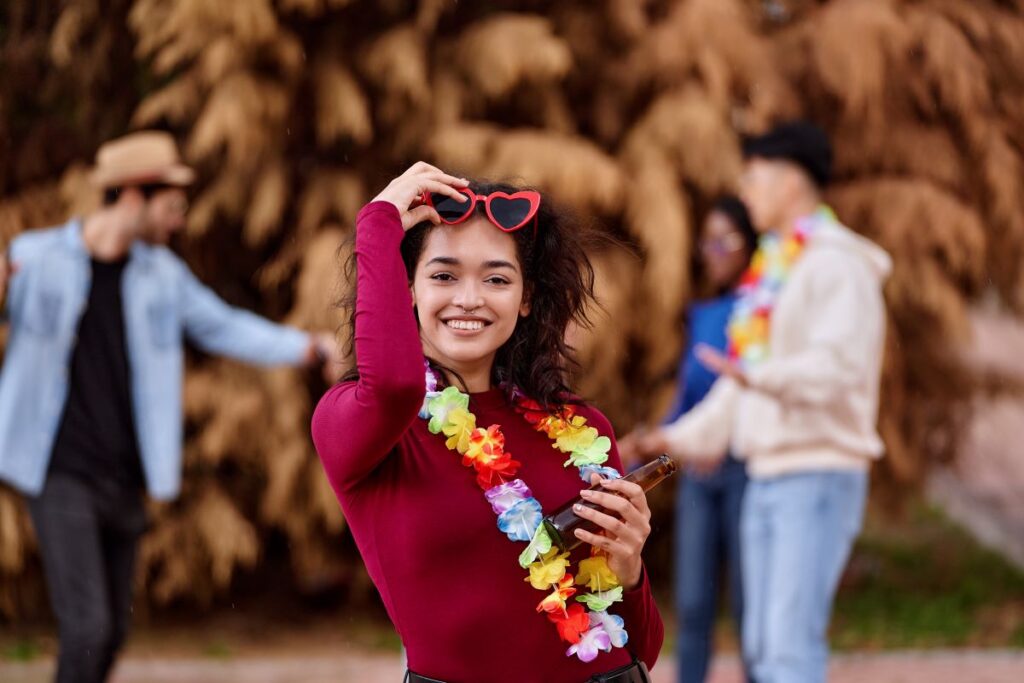
5. Traveling Expands Your Worldview
Traveling breaks mental boundaries. You begin to question societal norms, appreciate diversity, and understand that there’s no single “right” way to live.
For example, spending time in minimalist Scandinavian societies might shift your views on consumerism. Visiting communities in Southeast Asia might inspire mindfulness and gratitude. Traveling exposes you to philosophies and lifestyles that challenge your default assumptions.
This expanded worldview makes people more open-minded, tolerant, and globally aware. Many long-term travelers even change careers or life goals after realizing what truly matters to them while abroad.

6. Can Short Trips Also Change Your Personality?
You don’t need to quit your job or become a digital nomad to experience transformation. Even short-term traveling — like a weekend in a new city or a week in a foreign country — can impact personality when approached intentionally.
It’s not the duration but the depth of engagement that matters.
If you stay curious, talk to locals, and explore beyond tourist traps, short trips can still open your mind.
Think of it like exercise — consistent small “workouts” of curiosity and exploration can gradually build long-term personality flexibility.
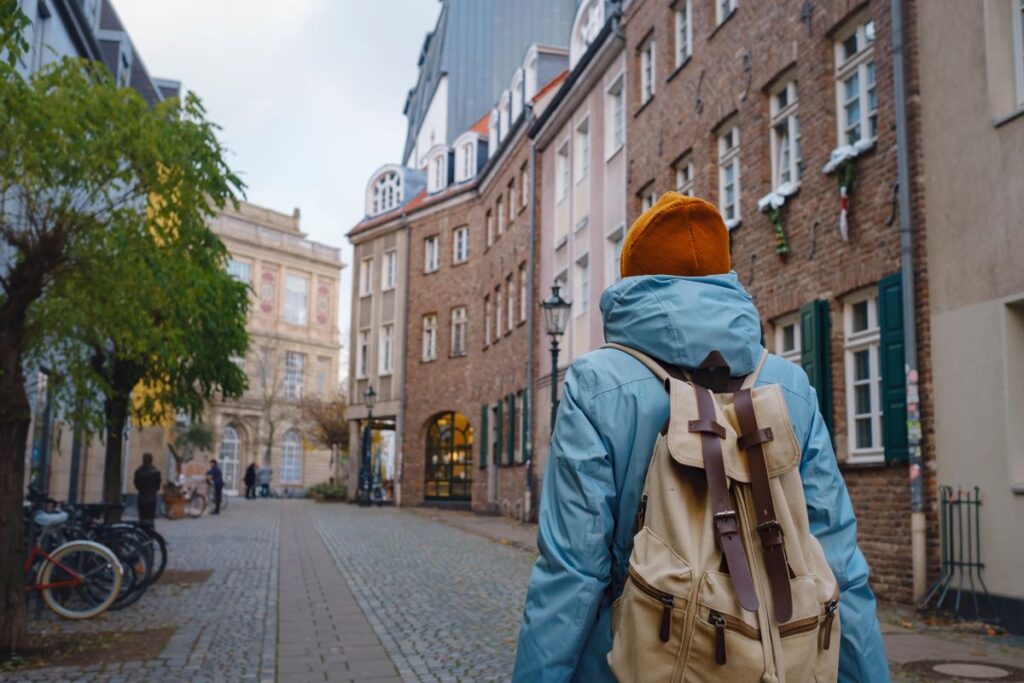
7. The Dark Side: When Traveling Doesn’t Help
While traveling often has positive effects, not everyone grows from it automatically. Some people travel with closed minds or stick rigidly to comfort zones, turning each destination into a carbon copy of home.
If you refuse to adapt, your worldview remains unchanged. Similarly, constant traveling without emotional grounding can lead to disconnection, restlessness, or identity fatigue — a phenomenon known as travel burnout.
To truly change, travelers must reflect consciously, engage genuinely with local cultures, and allow discomfort to transform them.
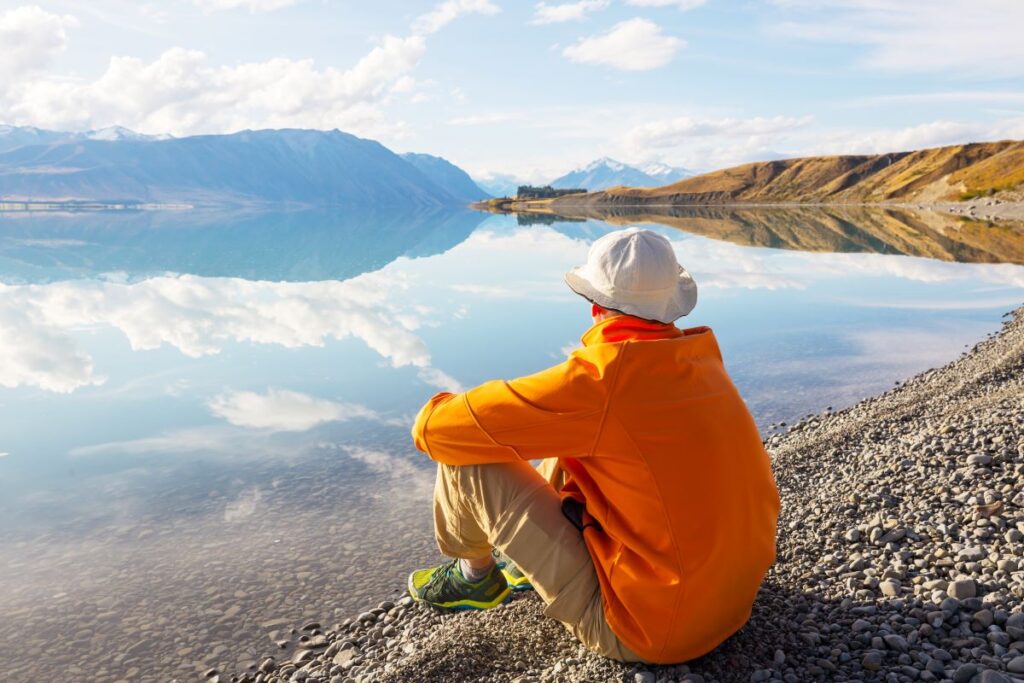
8. Real-Life Examples of How Traveling Changes People
Here are a few examples that show how traveling influences personality in real-world cases:
| Traveler Type | Initial Personality | Post-Travel Change | Reason |
|---|---|---|---|
| Business Traveler | Structured, rigid | More flexible and adaptive | Exposure to multiple business cultures |
| Backpacker | Shy, introverted | Confident, socially engaged | Frequent social interactions on road |
| Solo Traveler | Dependent, cautious | Independent, resilient | Learning self-reliance |
| Volunteer Traveler | Self-focused | Empathetic, purpose-driven | Exposure to global issues |
| Digital Nomad | Routine-bound | Creative, open to risk | Blending work and exploration |
Every traveler’s transformation story is unique, but the pattern remains: traveling redefines comfort zones and expands personal identity.

9. How Traveling Shapes Long-Term Personality Traits
Personality isn’t static. It evolves through experiences, especially profound ones like traveling. Research from the University of Jena in Germany shows that people who live abroad for extended periods display measurable shifts in key personality traits even years after returning home.
Long-term travelers often describe themselves as more adaptable, curious, and confident. Here’s how it works in detail:
a. Adaptability
Every destination throws unexpected situations your way — missed trains, new social norms, language barriers. Adapting to these challenges rewires your approach to problem-solving and flexibility, making you more capable of handling unpredictability in everyday life.
b. Emotional Intelligence
Understanding diverse human behaviors during traveling enhances your empathy. You begin to sense tone, emotion, and social context more accurately, improving your ability to relate to others.
c. Creativity and Perspective
Exposure to new aesthetics, architecture, and philosophies fuels creativity. Many artists, writers, and entrepreneurs credit their most innovative ideas to their travels.
d. Confidence and Self-Efficacy
Navigating foreign places alone builds confidence. Each successful step — booking tickets, finding your way, making friends — reinforces the belief that you can handle life independently.
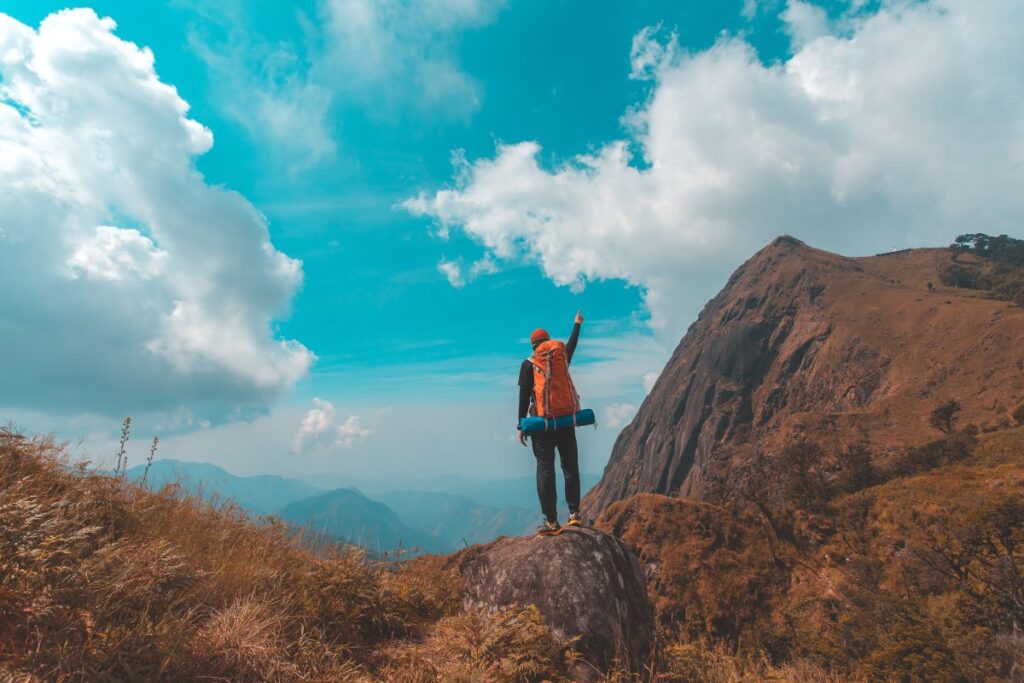
10. Traveling and Personal Identity: The Inner Transformation
While most people focus on external adventures, traveling triggers profound inner change. When you’re far from home, the social labels and routines that define you — your job title, neighborhood, or friend circle — fade away.
This gives space for identity exploration. You start asking deeper questions:
- What do I truly value?
- What kind of person am I outside my daily environment?
- What makes me feel fulfilled?
Traveling provides a mirror, reflecting not just the world but also your true self. That’s why so many travelers return with life-changing clarity — switching careers, pursuing creative passions, or adopting minimalist lifestyles.

11. The Science of Travel-Induced Happiness
Beyond personality shifts, traveling has proven psychological benefits. It elevates mood, reduces stress, and boosts long-term happiness.
A study by Washington State University found that frequent travelers experience 21% higher life satisfaction than those who rarely leave home. The anticipation of travel itself releases dopamine, the brain’s “reward” chemical.
Moreover, travel creates rich memories — and memory diversity is directly linked to emotional well-being. People with varied experiences have a more positive perception of life, even during challenging times.
| Psychological Benefit | Effect of Traveling | Scientific Insight |
|---|---|---|
| Reduced Stress | Break from daily routines | Cortisol levels drop during vacations |
| Increased Happiness | Novelty and excitement | Dopamine and serotonin spikes |
| Cognitive Flexibility | Adapting to new environments | Stimulates neuroplasticity |
| Emotional Balance | Perspective on life | Decreases rumination and anxiety |
In essence, traveling doesn’t just change who you are — it makes you happier while doing it.

12. How to Make Traveling Transformative
Not all travel automatically leads to personal growth. Here are practical ways to make your journeys more transformative:
1. Immerse in Local Culture
Avoid just sightseeing — engage in daily life. Take a cooking class, use public transport, or volunteer locally.
2. Journal Your Experiences
Writing helps you process emotions and reflect on growth. A simple daily note can become a roadmap of transformation.
3. Learn the Local Language
Even learning basic greetings or phrases deepens cultural connection and empathy.
4. Travel Alone at Least Once
Solo traveling pushes you to rely on yourself, revealing hidden strengths and independence.
5. Slow Down
Instead of racing through ten cities in a week, spend more time in one place. Depth creates meaning.
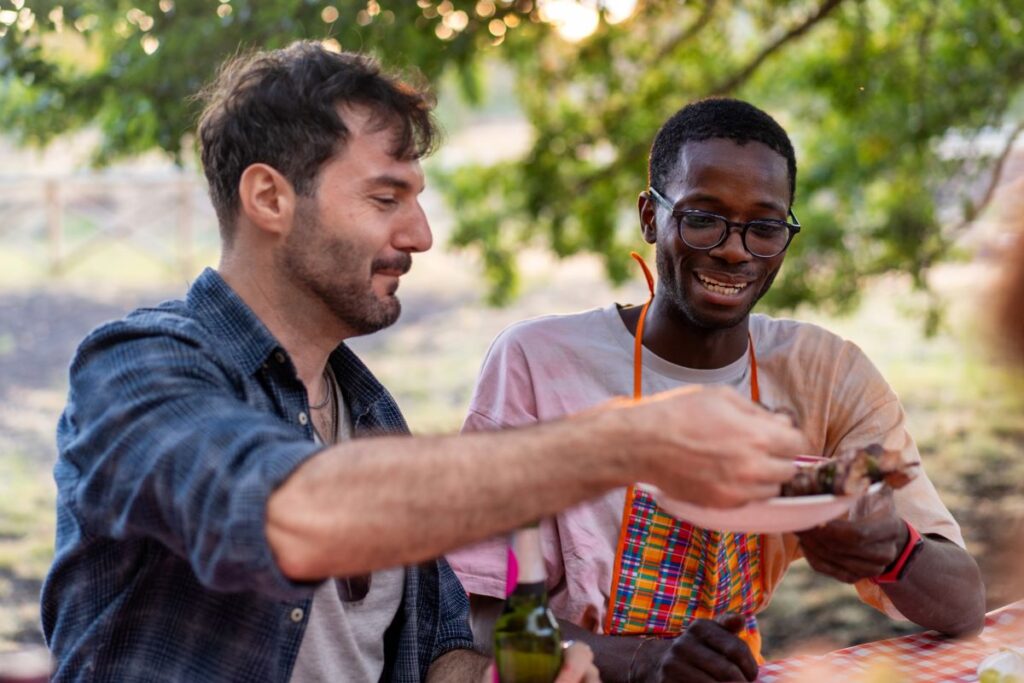
13. The Connection Between Traveling and Creativity
Traveling doesn’t just change how we think — it transforms what we think about. Exposure to diverse cultures broadens mental associations, which is the foundation of creativity.
A Harvard Business Review study found that people who live abroad score significantly higher on creativity tests. Why? Because multicultural exposure increases “integrative complexity” — the ability to hold multiple perspectives at once.
This is why many artists, filmmakers, and entrepreneurs travel frequently to spark new ideas. Even walking through a foreign market, hearing unfamiliar music, or seeing unique architecture can inspire new concepts and creative breakthroughs.
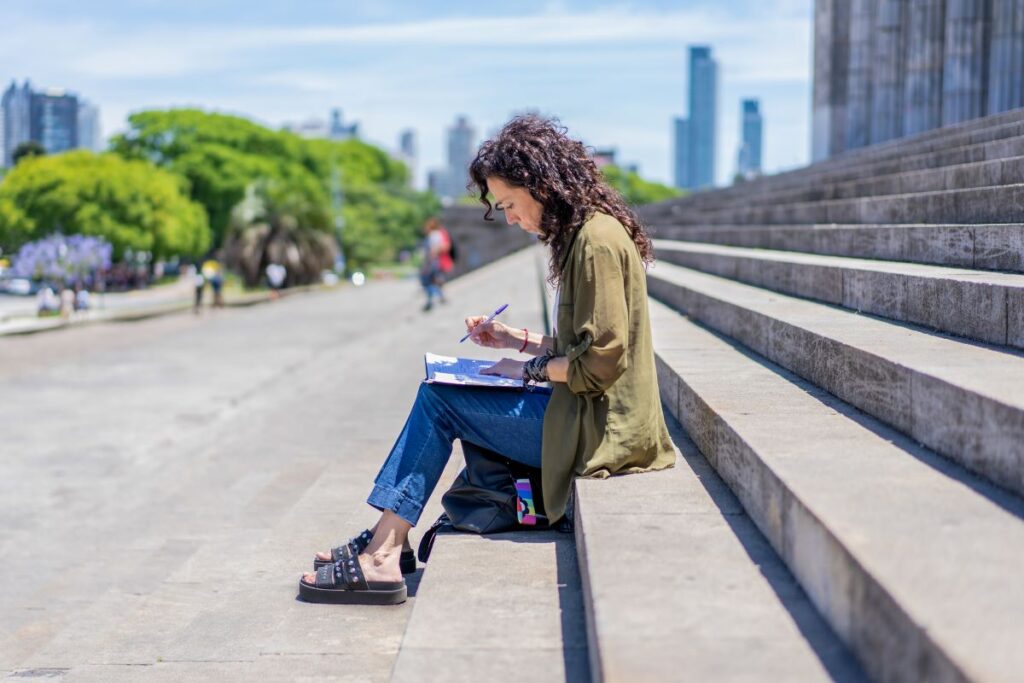
14. The Role of Technology in Modern Traveling
Digital tools have transformed the way we explore the world. From translation apps to AI-powered itineraries, technology makes traveling more accessible and personalized than ever before.
However, there’s a double edge. Overreliance on devices can create digital barriers — preventing deep engagement with real environments.
To truly grow, travelers should use technology as a tool, not a shield. Capture moments, but don’t forget to live them.
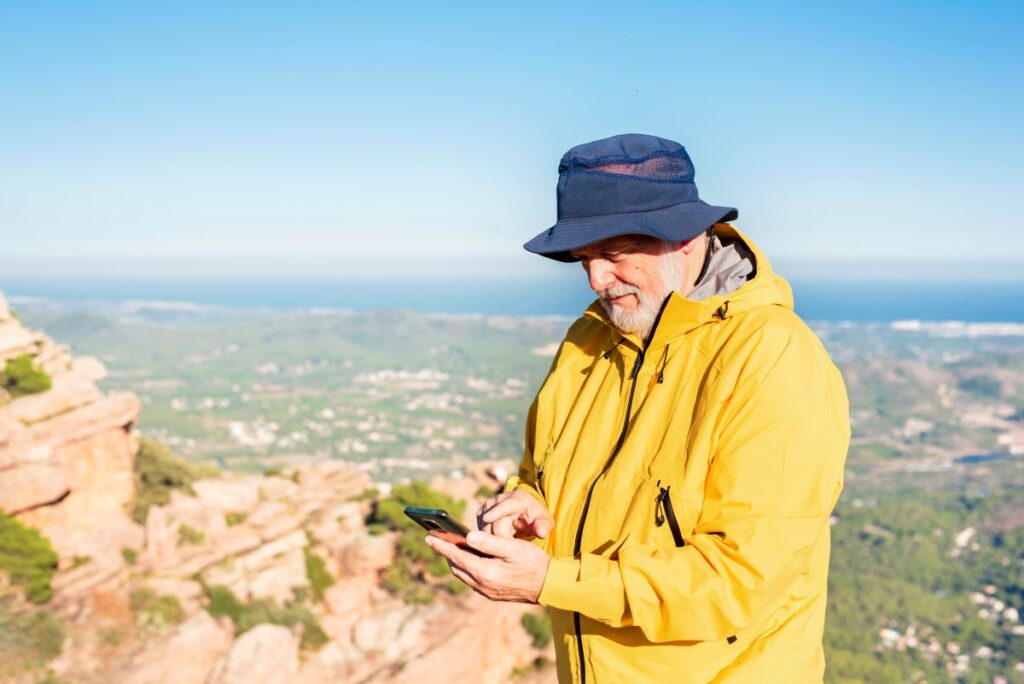
15. Conclusion: Traveling as a Path to Becoming More Human
Traveling is more than an escape; it’s a journey toward becoming a fuller version of yourself. Each border crossed and culture experienced chips away at narrow perspectives and builds a deeper connection to humanity.
Whether it’s the resilience gained from missed flights, the joy found in shared laughter, or the empathy born from understanding differences — traveling ultimately brings you closer to the world and to yourself.
So yes, traveling can change your personality, but only if you allow it to. Every journey holds the potential to transform not just where you go, but who you become.

FAQs About Traveling and Personality Changes
1. Can Traveling actually change a person’s personality?
Yes, Traveling can significantly influence personality traits such as openness, adaptability, and confidence. Immersing yourself in new cultures, languages, and environments challenges your comfort zone, helping you grow emotionally and mentally.
2. How does Traveling improve mental health?
Exploring new destinations reduces stress and anxiety while stimulating creativity. The exposure to diverse surroundings and people releases dopamine, the “feel-good” hormone, enhancing overall mental well-being.
3. Can Traveling make someone more confident?
Absolutely. Facing the unknown—navigating foreign cities, meeting new people, and solving unexpected problems—builds self-reliance and boosts confidence in everyday life.
4. Why do people feel happier while Traveling?
Traveling creates a sense of novelty and excitement, which can trigger happiness and satisfaction. Experiencing new adventures often makes people feel more alive and present in the moment.
5. Does Traveling help in developing empathy?
Yes. By experiencing different cultures and lifestyles, travelers gain perspective on global diversity. This exposure fosters understanding, compassion, and a more open-minded worldview.
6. Can short trips have the same impact as long journeys?
Even short trips can positively impact personality and mood. While longer journeys allow deeper immersion, weekend getaways can still refresh your mind and offer valuable new experiences.
7. How do locals usually react to travelers?
Reactions vary depending on the destination, but most locals appreciate respectful and curious visitors. You can learn more about this dynamic in our related article How Do Locals Feel About Tourists in Cool Places?.
8. Where can I learn more about the psychological benefits of Traveling?
For scientific insights and ongoing research, check out resources from American Psychological Association (APA) discussing how Traveling influences emotional and cognitive development.

